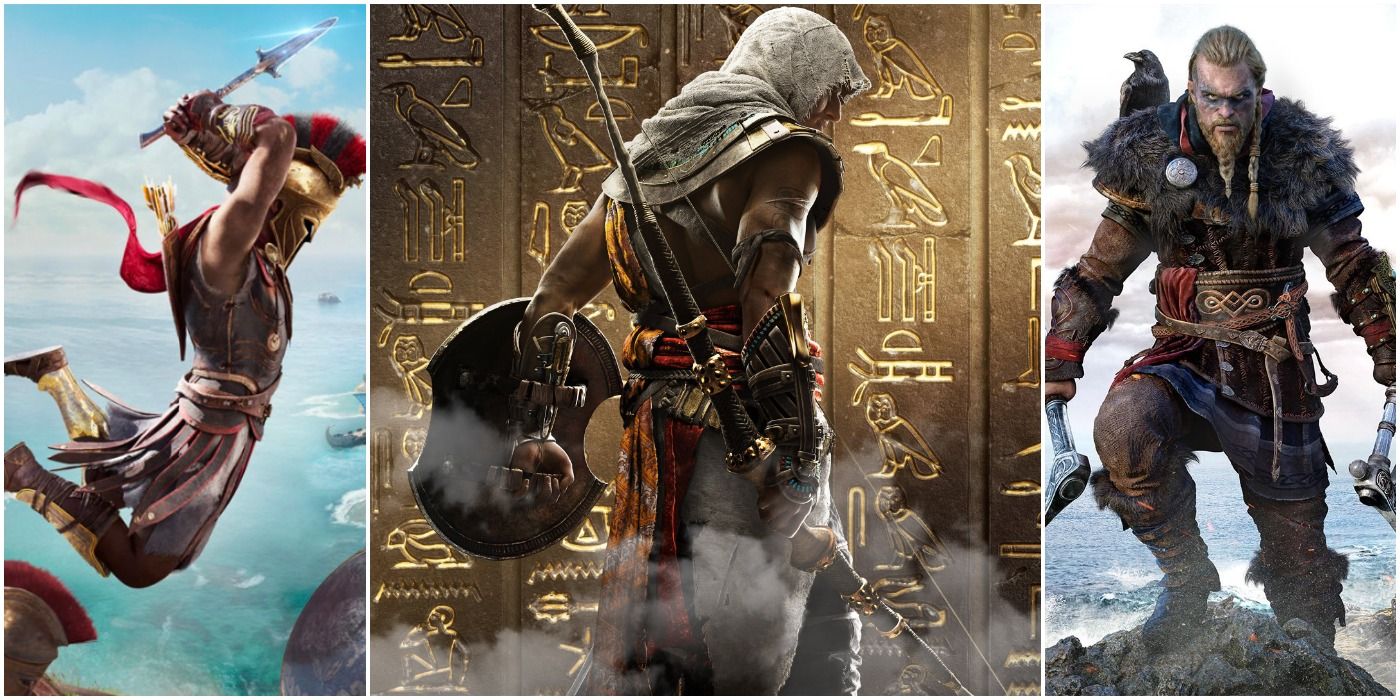
The Assassin's Creed franchise has gone through some serious changes back in 2017, with the release of Assassin's Creed: Origins. Fans of the series were in agreement about the fact that these alterations were much-needed After all, the tried and tested AC formula was getting a little stale after eight main entries with eerily similar gameplay mechanics and mission sequences.
RELATED: 10 Assassin's Creed Memes Tha'll Make You Laugh
Ubisoft's pivot turned out to be a huge success. Fully-fleshed RPG elements, revamped combat mechanics, and beautifully realized open worlds became landmark characteristics of the series. After Origins, Assassin's Creed: Odyssey and Valhalla continued the trend. In many ways, these titles improved upon the formula. On the other hand, though, Origins remains the best "new" Assassin's Creed game in a few very important areas.
10 The Main Story
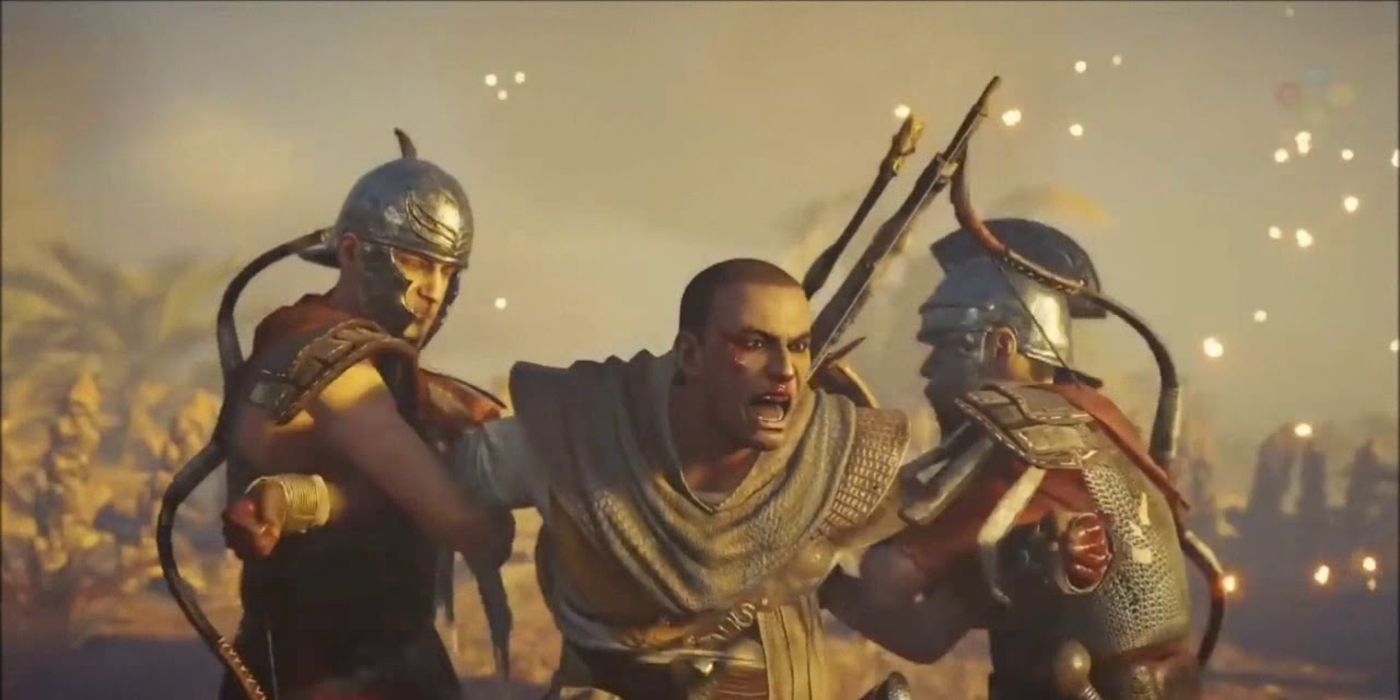
The overarching narrative of all Assassin's Creed games is nothing new by now. The everlasting battle between the Assassin Brotherhood and the Templar Order across the ages has become so convoluted and complex that many players admit they don't really know what's going on anymore and newcomers feel intimidated by it.
Enter Origins and the story of the establishment of the Hidden Ones, the precursor organization to the Assassin Brotherhood. The plot revolving around Bayek and Aya's revenge story turning more and more political as the main questline progressed was simple and straightforward, which is exactly what made it so good. The plots of the later entries weren't nearly as polished and captivating, with Odyssey's multitude of plotholes, and the uninspired conquest story that Valhalla focuses on.
9 It Isn't As Bloated
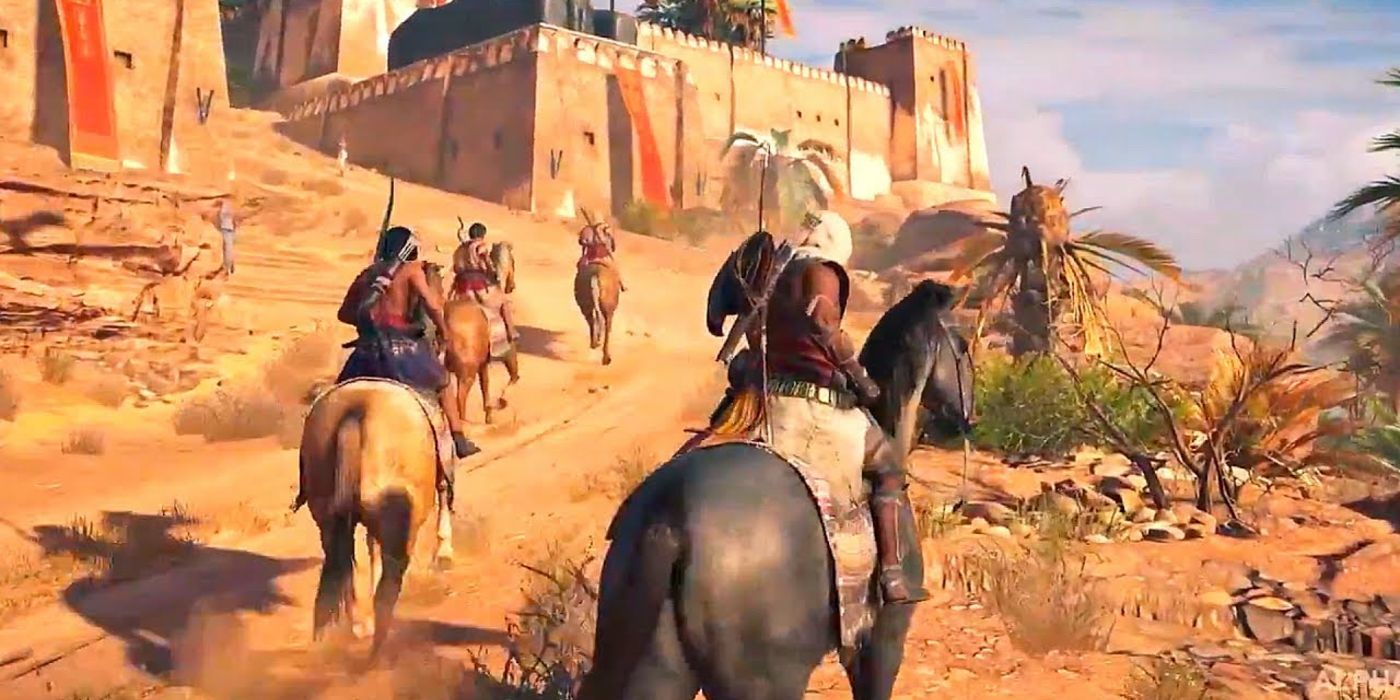
The general trend in the gaming industry is to upscale most aspects of new games. Bigger maps, more things to do, more side quests, more collectibles. While it may seem like it's a good idea, open-world games have become so large that completing some of them feels like work. This is exactly the case with Odyssey and Valhalla.
AC: Origins pioneered the formula that is also implemented in the later titles, but its scale was much more bearable. The smaller number of question marks and things to do on the map allows for more organic exploration and completion of all the objectives.
8 Map Size
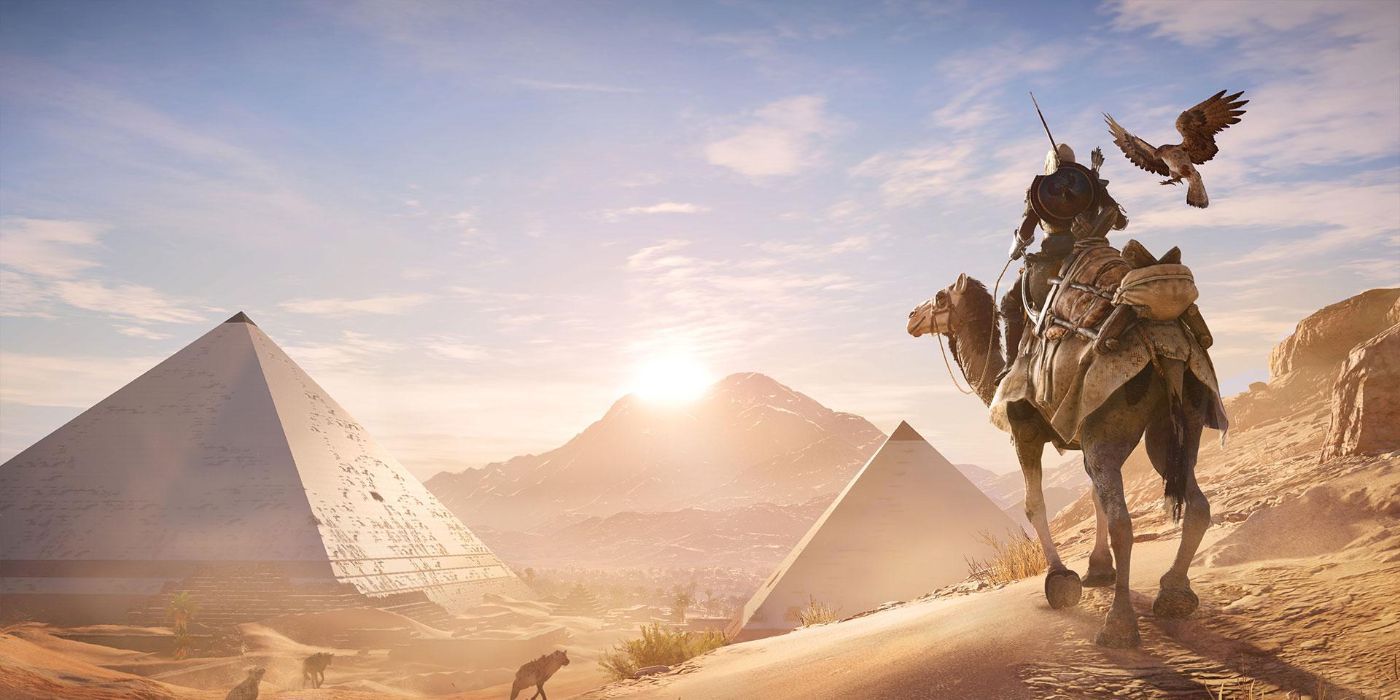
To piggyback on the earlier point, a lot of the "bloatedness" that the newest Assassin's Creed games suffer from is related to the size of their open-worlds. The sheer amount of landmass present in Odyssey makes traversing the game without fast travel a nuisance. Players who don't want to break their immersion and choose to brave Ancient Greece on foot, horseback, and by ship only, succumb themselves to many in-game hours spent solely on commuting from point A to point B.
RELATED: 10 Gaming Franchises You Can Complete (In Less Time Than Assassin's Creed Valhalla)
In Origins, the map was much more scalable. Granted, some of the desert environments were dull and repetitive, but at least traveling on horseback from one end of the world to the other felt doable.
7 The Length Of The Game
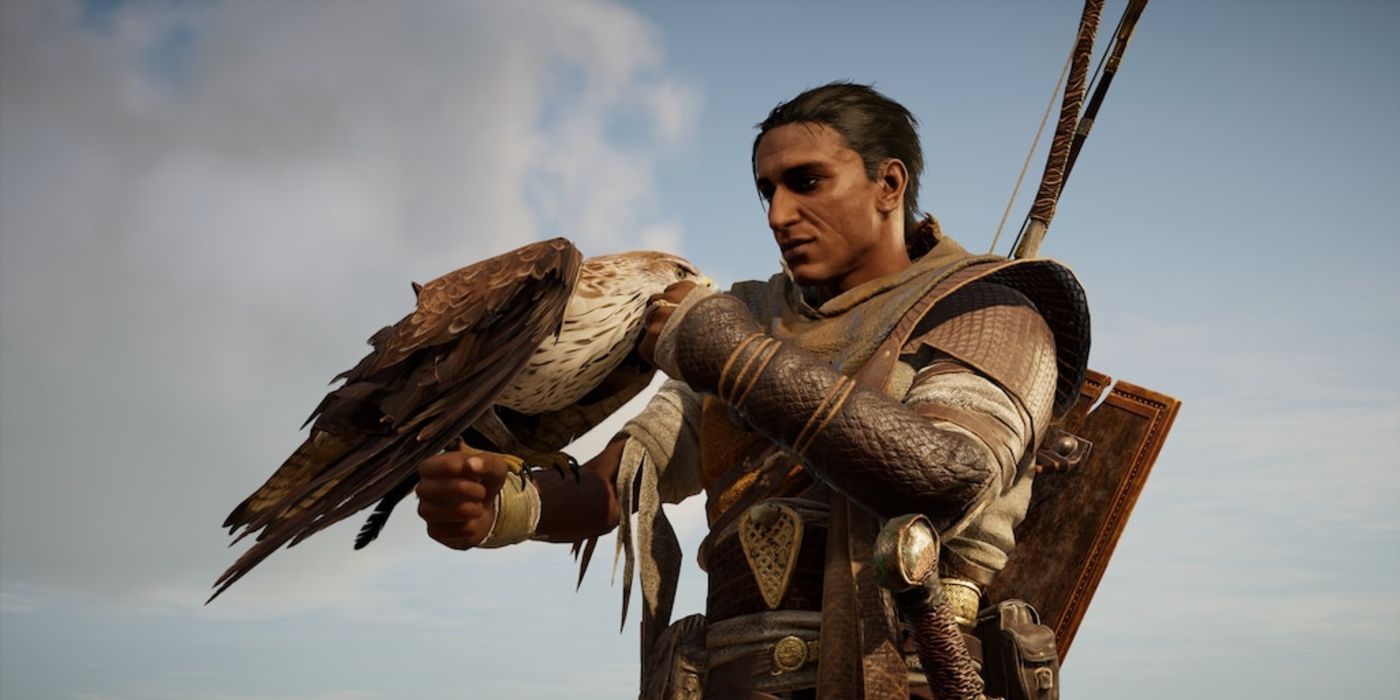
The "length" of an Assassin's Creed game in the post-2017 context should also take into account at least some of the side quests and other content. After all, players need to get through them in order to be of a high enough level to handle the main quests.
All in all, getting through the main plot of Origins takes around 30 hours for most players. It is a near-optimal length, leaving players with the time to get to side content they may have missed out on. Odyssey's main story clocks in at 45 hours and Valhalla's whopping 60-70 hours just to get to the end credits. While some gamers may consider it better value for their money, it is important to note that such main quest lengths are achieved by adding a lot of filler content and missions that are intended to artificially prolong the game.
6 The Main Character
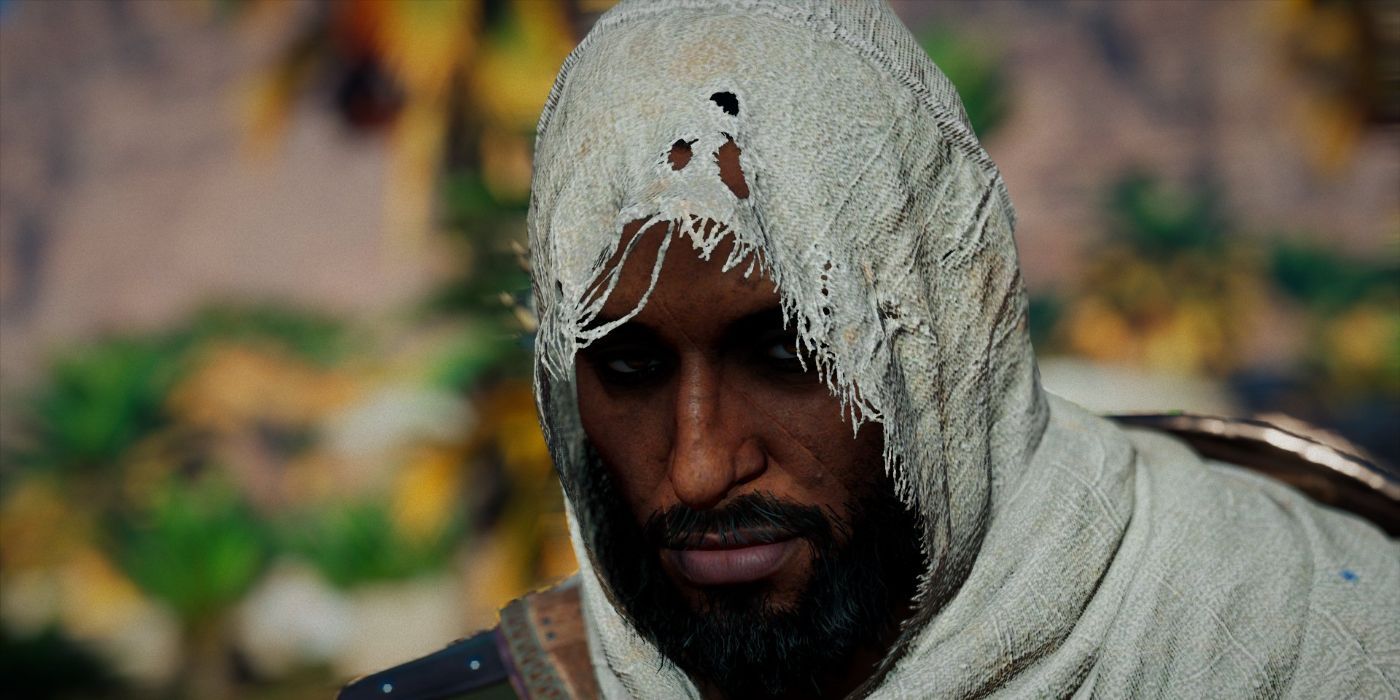
Assassin's Creed has had some great protagonists featured in these games across the years. Ezio Auditore or the Fry Twins are just two of the best examples. On the other hand, there were some quite lackluster characters, as well, like Arno from Unity or AC III's Connor. Bayek of Siwa definitely belongs in the first category.
RELATED: Assassin's Creed Valhalla: 10 Things About Eivor That Make No Sense
With a strong, emotional backstory, a sense of humor, and witty dialogue (and a badass spouse), the Last Medjay of Egipt makes for a very compelling and entertaining character to play as. Especially when compared to a funny, but uninspired Kassandra (AC: Odyssey) and the somewhat brutish Eivor (Valhalla).
5 Sense Of Progression
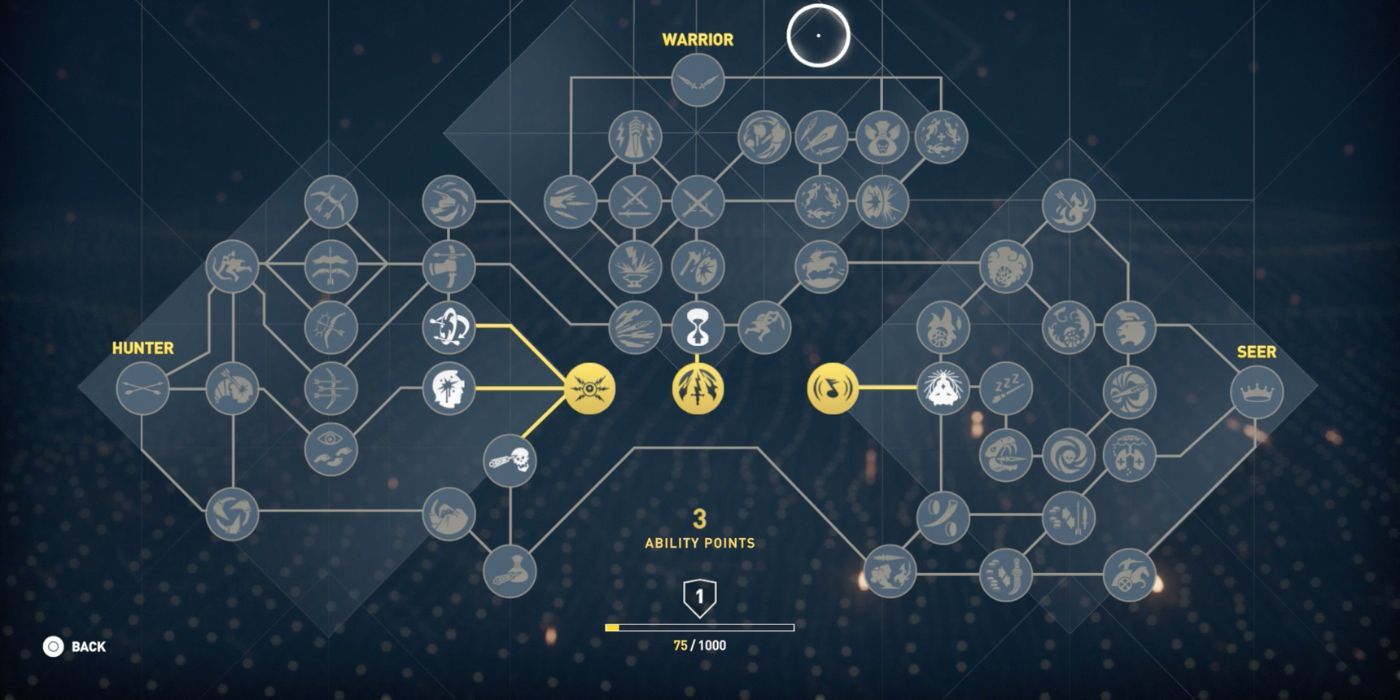
A lot of what makes a great RPG game is the feeling of progression and mastery of the game's systems that players get after spending enough time with a given title. In games overflowing with content, such as Odyssey and Valhalla, this feeling is lost, because it almost always feels like there is still so much left to get through before one can truly consider themselves accomplished in the game's world.
Origins nails that exact feeling, while still remaining a very large game that is exciting to explore. Starting out as a relative weakling (albeit already revered in the game's world as a legendary warrior and helping hand), Bayek can be turned into a ruthless killing machine that, in the later stages of the playthrough, makes players feel like they've truly conquered Egypt and all of its hidden dangers.
4 It's A Breath Of Fresh Air
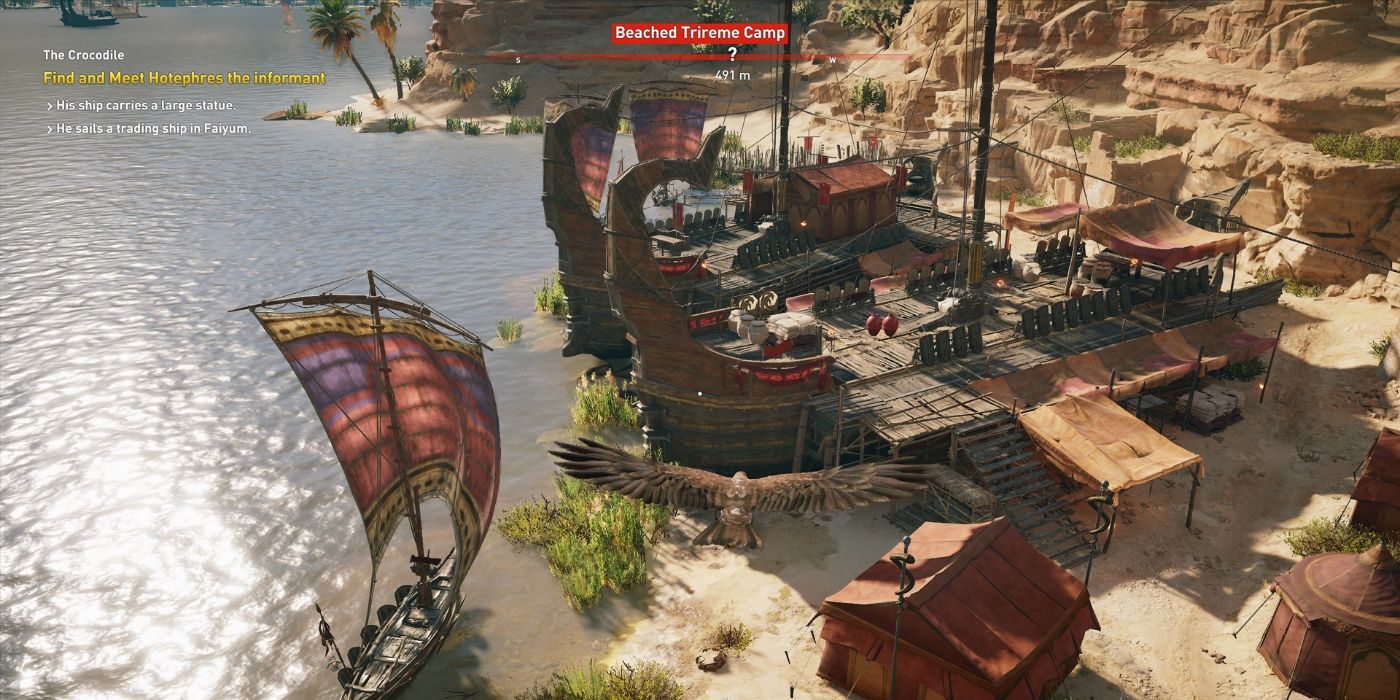
With Origins being the first Assassin's Creed title that differs so much from the other titles in the series, it should come as no surprise that playing it for the first time feels exciting and refreshing. Once players get through the initial few hours, the moment where Egipt finally becomes open to exploration is one of the greatest in the entire franchise.
While the later games continue this trend and operate on similar mechanisms, they fail to introduce enough innovation. Thus, they fall into the same trap that AC games of the past have fallen into -- too much reliance on their predecessor's achievements, and not enough new features to keep the gameplay fresh and exciting.
3 The Setting
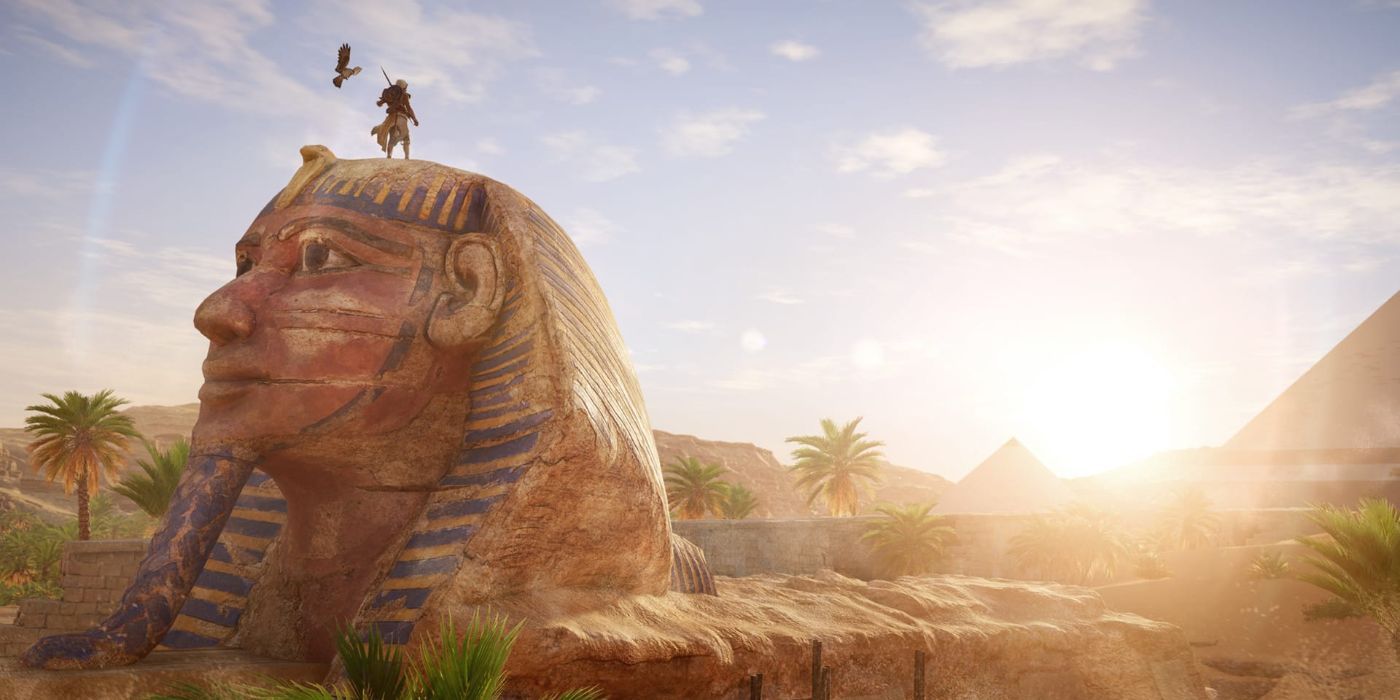
Ptolemaic Egypt is one of the best Assassin's Creed settings. It's quite an achievement, given how many interesting time periods and places in the world these games have visited. The sense of wonder that accompanies traversing the desert landscapes and uncovering secrets hidden deep within the pyramids and ancient tombs was executed to near-perfection.
RELATED: 5 Assassin's Creed Settings That Actually Need To Be Revisited
Unfortunately, the next titles in the franchise failed to captivate the gamers' imaginations with their settings. Odyssey played it a bit too safe with Ancient Greece, and Valhalla's Viking expansion choice was an all-too-obvious capitalization on the popularity of Vikings in our contemporary pop-culture.
2 The Stealth
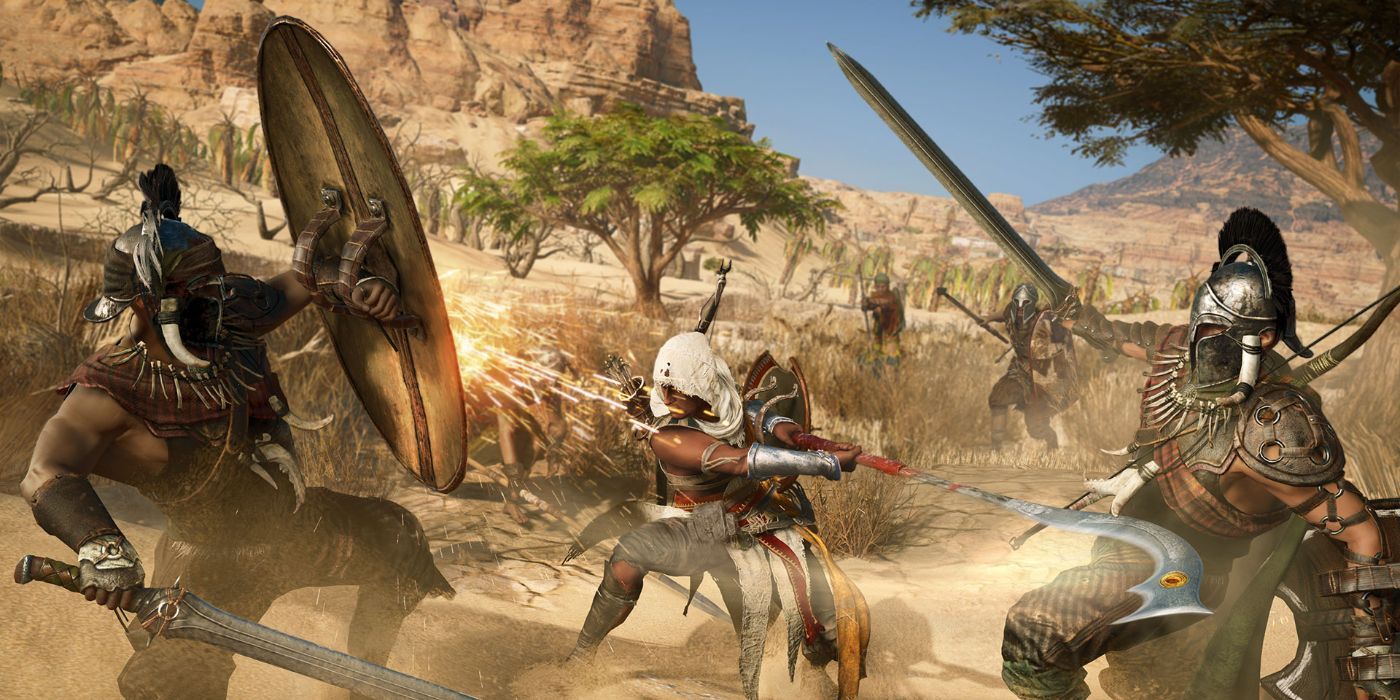
Granted, Assassin's Creed: Origins has placed much less emphasis on stealth mechanics than any of the other AC games that came before it. However, it didn't try to do away with it completely. Playing stealthily in Origins is fun and rewarding, and the added features made sneaking around all the more compelling.
Odyssey and Valhalla have skewed even more in the direction of open combat, making stealth feel like the worst possible playstyle to opt for in these games. In fact, a lot of the quests actively discourage sneaking around, and completing some of them are outright impossible to complete without alarming any enemies.
1 It Still Feels Like An Assassin's Creed Game
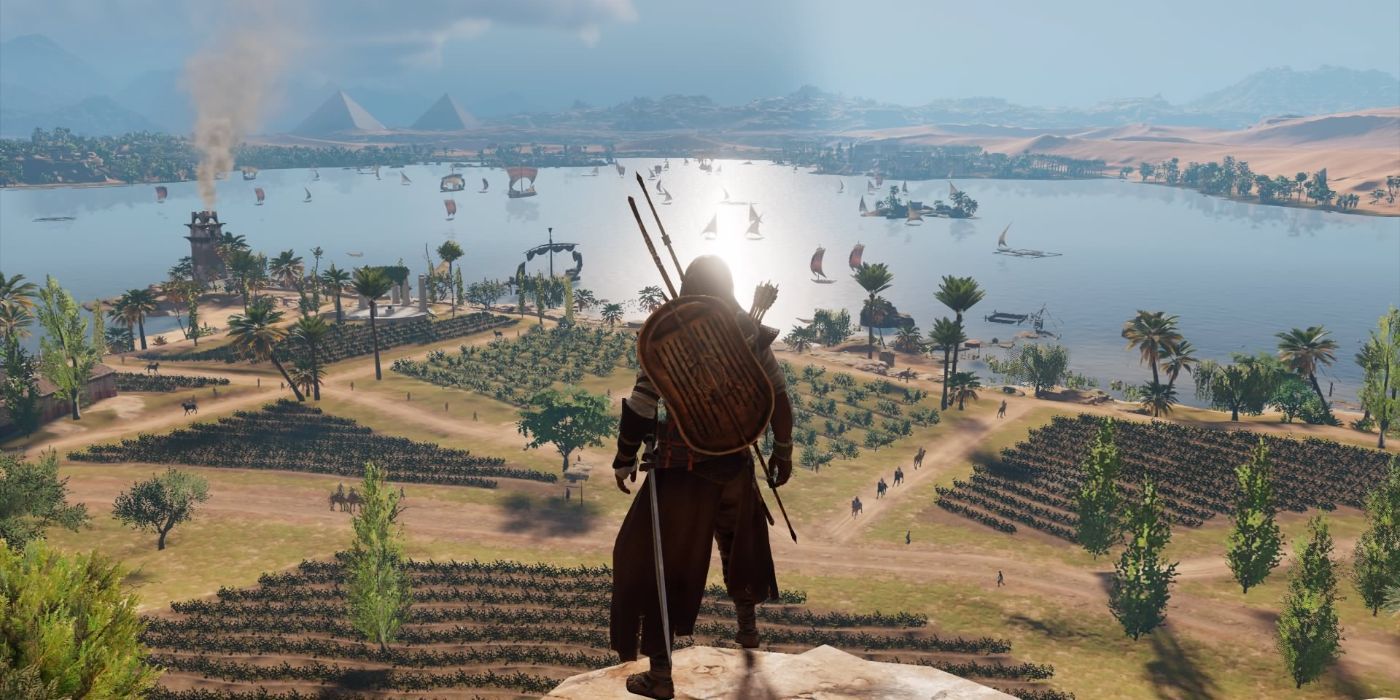
Finally, while changing things around and dramatically altering the way Assassin's Creed is played, Origins didn't forego as much of the franchise's DNA as its successors. Odyssey barely felt like an AC title, and Valhalla with its revamped interface and Viking setting might as well have been released without the Assassin's Creed prefix (if not for the present-day story).
That is not to say that AC: Odyssey and Valhalla are bad games. They are definitely worth their price and both make for very compelling and enjoyable open-world RPG experiences, but one can't help but feel like with every new entry, the franchise is being pushed in a direction it was never meant to follow in the first place.
NEXT: 10 Continuity Errors & Dropped Storylines In Assassin's Creed

